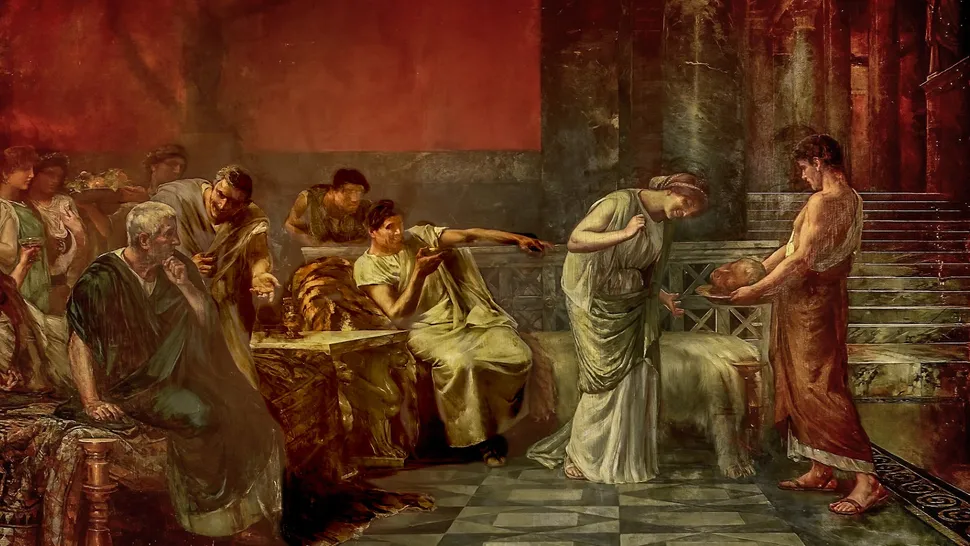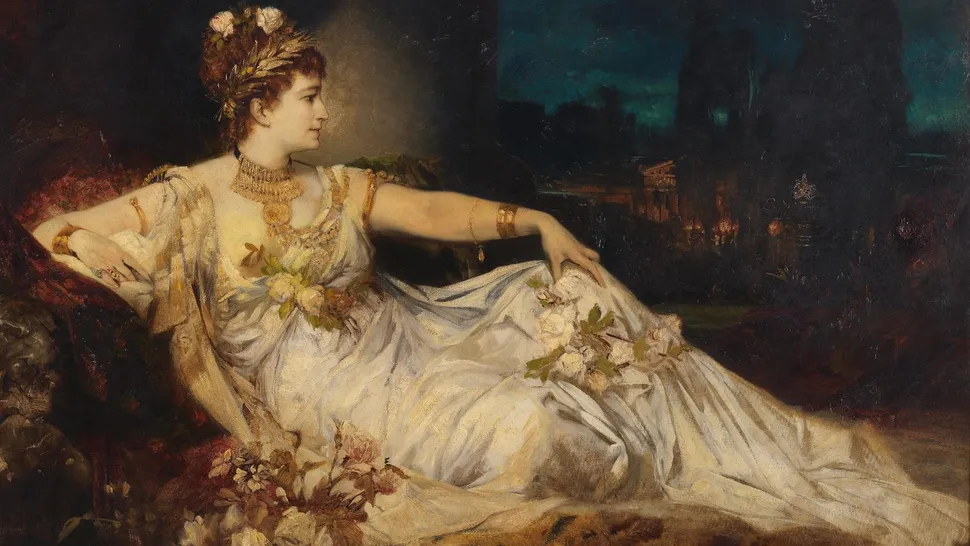LIVE SCIENCE


Women in ancient Rome held very few rights and by law were not considered equal to men, according to a 2018 article on The Great Courses Daily (opens in new tab). Roman women rarely held any public office or positions of power, and instead their role was expected to be caring for children and looking after the home.
Most women in Roman society were controlled by either their father or husband. Especially among richer families, women and young girls were married off in order to form political or financial relationships, and rarely could choose their partner.
Despite this lack of rights, there is evidence of a few exceptional women who managed to attain great power and influence in ancient Rome. While some controlled events from the sidelines, others took matters into their own hands, forming conspiracies and even assassination plots to seize control of the Roman empire.
Here are eight of ancient Rome’s most influential and powerful women.
Fulvia
In 49 B.C. her next husband, Gaius Scribonius Curio, was elected tribune, a powerful position in ancient Rome. Fulvia persuaded her deceased husband’s followers to support Curio, said Joanne Ball, who has her doctorate in archaeology from the University of Liverpool in the U.K. “Fulvia was also adept at identifying the political mood within Rome, recognizing the value of allying with Julius Caesar and his populist cause, encouraging each of her husbands to form close links with Caesar,” Ball said.
In 47 B.C., Fulvia married again — this time, to Mark Antony, Caesar’s right-hand man. After Caesar’s death three years later, Antony became one of three co-rulers of Rome, and the couple carried out a number of revenge killings, removing their political enemies, including politician Marcus Tullius Cicero. After Cicero’s death in 43 B.C., Fulvia took the dead man’s head, spat on it, took out the tongue and “pierced it with pins,” according to Cassius Dio’s “Roman History” (translation by Earnest Cary, through penelope.uchicago.edu).
The height of Fulvia’s power was quickly followed by her downfall. In 42 B.C., Antony and his co-rulers left Rome to pursue Caesar’s assassins, leaving Fulvia “de facto co-ruler of Rome,” according to Ball. “In 41 B.C., in support of Antony’s political ambitions, she opened hostilities with Octavian — Caesar’s adopted son and Antony’s main rival — raising eight legions in support of the cause,” Ball said. “But by this stage, Antony’s affections had been taken by Cleopatra of Egypt.” Fulvia was defeated and died in 40 B.C., while exiled in Greece.
Livia Drusilla
Live Science for more; via Women of History
